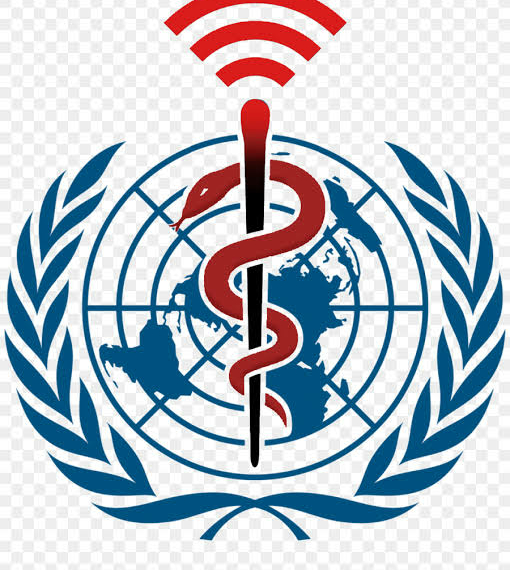The World Health Organisation (WHO) has predicted a 94 per cent decrease in COVID-19 deaths in Africa compared to 2021.
That’s down from a “catastrophically high” average of 970 fatalities each day in 2021 to around 60 a day by the end of 2022.
“The low number of deaths expected this year is a huge achievement for the region and a testament to the efforts of countries and partners,” the WHO Regional Director for Africa Matshidiso Moeti told journalists at a virtual press conference.
Despite the new WHO modelling projection compared with 2021 – the pandemic’s most lethal – actual cases are estimated to drop by a little over a quarter in 2022.
“However, the job is not yet done. Every time we sit back and relax, COVID-19 flares up again,” she cautioned.
The analysis, which was published this week in the Lancet Global Health scientific journal, finds that while the region reported 113,102 deaths through official channels in 2021, about one in three were missed, driving the actual number of deaths up to a projected 350,000.
The modelling suggests that if current variants and transmission dynamics remain constant, around 23,000 people are expected to die by the end of 2022.
However, a variant that is 200 per cent more lethal, would cause an increase in deaths to more than 70,000.
“The threat of new variants remains real, and we need to be ready to cope with this ever-present danger,” Moeti cautioned.
The study’s findings infer that only one in 71 COVID-19 cases in Africa have been recorded and projects 166.2 million infections in 2022 compared with the estimated 227.5 million that occurred in 2021.
The decline in cases and deaths in 2022 is due to increasing vaccinations, improved pandemic responses and natural immunity from previous infections that, while not preventing re-infections, stop severe forms of the disease leading to death.
The analysis estimates that COVID-19 was the seventh major cause of death in Africa in 2021, just below malaria.
“The significant increase in 2021 was due to the more infectious and severe Delta variant. We have learnt many lessons on how to stay a step ahead of the virus,” Moeti said.
As the pandemic persists, WHO maintained that it is crucial to ramp up comprehensive healthcare services, including preventive measures, treatment and vaccination for vulnerable populations.
Targeted surveillance will also be critical to monitor hospitalisation, the burden of comorbidities and the emergence of new variants.
“Now is the time to refine our response and identify populations most at-risk of COVID-19,” the WHO official said.
“Countries must intensify efforts to conduct a targeted response that provides the most vulnerable people with the health services they need, including COVID-19 vaccines and effective treatment.”

















Discussion about this post